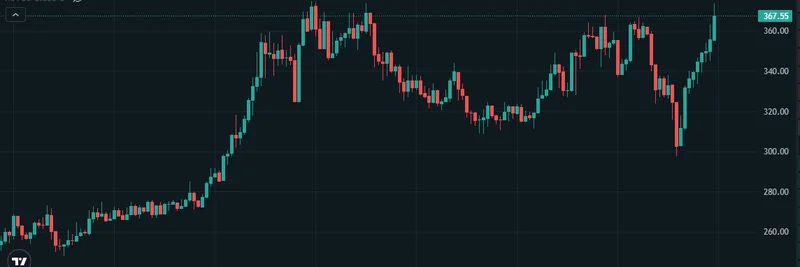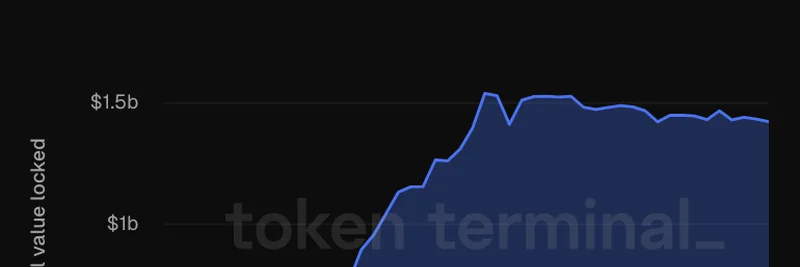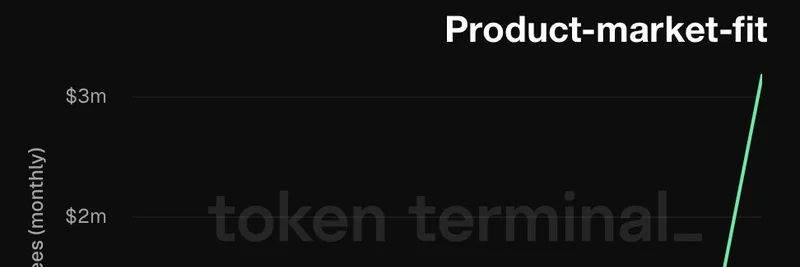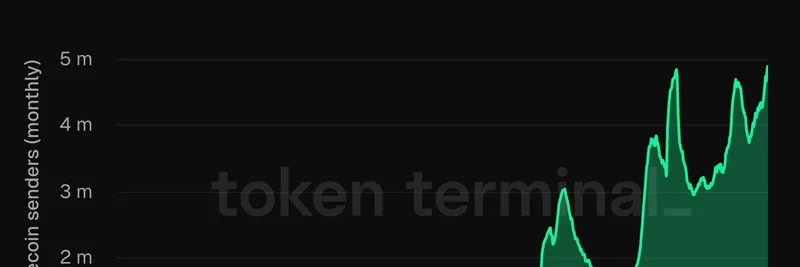In the fast-paced world of crypto, few things are as entertaining as watching a bold short position go up in flames. Recently, Zcash ($ZEC) delivered just that kind of drama, with trader Wei Zhao getting liquidated on his massive bet against the privacy coin. But it wasn't just any liquidation—it sparked a conversation that harkens back to Bitcoin's gritty beginnings, as highlighted in a viral tweet from Zcash developer Sean Bowe.
It all started when Wei Zhao, a self-proclaimed crypto whale known on X as @antmillionsbot, announced he was opening a $250K short on $ZEC. For the uninitiated, shorting means betting that the price will drop—you borrow the asset, sell it high, and hope to buy it back cheaper to pocket the difference. Zhao's liquidation price was set at $350, meaning if ZEC climbed that high, his position would get automatically closed out at a loss. He even taunted Zcash fans, saying, "Sorry #ZCASH fans, but it’s over 😎."
But the market had other plans. ZEC pumped, hitting levels that triggered Zhao's liquidation. In a follow-up post, he admitted defeat: "Yes #Zcash holders won and i got liquidated but i will open short position again. I am gonna keep shorting this scam until i die." Ouch—that's the kind of stubborn conviction that either makes legends or memes in crypto circles.
Enter Sean Bowe, a key Zcash developer (@ebfull), who quoted a post showing ZEC's wild price chart and chimed in with some historical perspective. In his tweet, Bowe drew parallels to early Bitcoin days: "I was there for the early bitcoin days and this is just like it. Every time it crashed the IQ distribution of holders shifted rightward immediately."
What does that mean? Simply put, market crashes tend to shake out the less informed or panic-prone investors (shifting the "IQ distribution" higher, as smarter or more convicted holders stick around). Bowe added that perpetual futures—those endless contracts that let traders bet with leverage without an expiration date—speed up this process. In Zhao's case, his leveraged short got wrecked, which Bowe called "nice" for "betting against freedom." Zcash, after all, is all about privacy and financial freedom, using advanced tech like zero-knowledge proofs to keep transactions anonymous.
This episode isn't just schadenfreude; it's a reminder of how crypto markets evolve. Like Bitcoin's early crashes that built a core of diamond-handed holders, ZEC's volatility might be forging a stronger community. Perps amplify the drama, liquidating overleveraged positions and redistributing wealth to those who believe in the tech.
If you're eyeing meme tokens or privacy plays like ZEC, stories like this highlight the risks of leverage. Buy the dips if you believe in the project, but remember: the market doesn't care about your convictions—until it does. Keep an eye on Zcash; with devs like Bowe pushing boundaries, it might just be the next big thing in private crypto.
Why This Matters for Meme Token Enthusiasts
Even though ZEC isn't a pure meme coin, the viral liquidation saga has all the hallmarks of crypto meme culture—taunts, reversals, and community roasting. It's a perfect example of how narratives drive prices, much like the hype around dog-themed tokens or viral pumps.
Key Takeaways
- Volatility Builds Strength: Crashes filter out weak hands, leaving smarter holders.
- Perps Accelerate Evolution: Leveraged trading tools like perpetual futures make shakeouts faster and more brutal.
- Freedom Wins? Betting against privacy-focused coins like ZEC can backfire spectacularly.
Stay tuned to Meme Insider for more breakdowns on crypto dramas that blend tech, trading, and memes.




